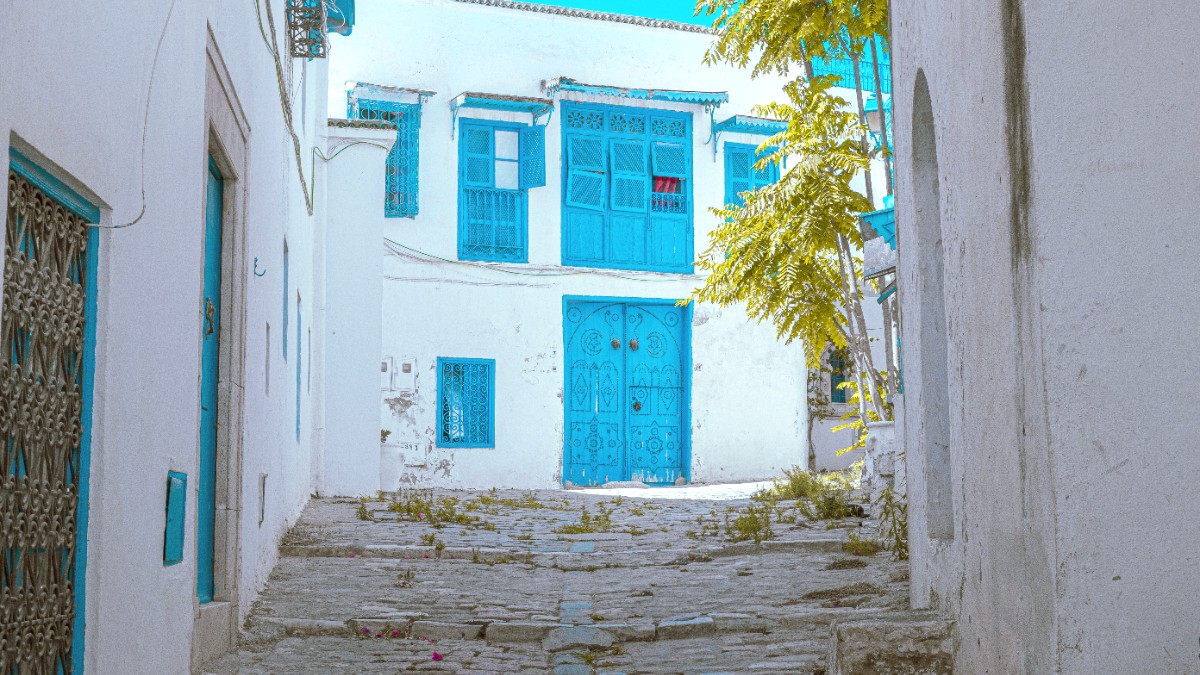
Tunisia
Walking ancient streets gives a powerful sense of human continuity and endeavor. The layered past and dynamic present can expand your perspective on global history.
Insights into daily life in the Medina reveal traditional crafts and social interactions. The city shows how ancient culture adapts to a changing world.
Hone bargaining skills in the souks. Navigate a distinct cultural landscape. Expanding culinary horizons pushes you beyond your comfort zone, building new skills.
Support local artisans and businesses directly by purchasing authentic goods and services. This sustains traditional crafts.
Your spending directly benefits the local economy when patronizing local shops and eateries.
Consider donating to reputable local charities focusing on education, community development, or environmental conservation.
Both countries share a common thread of Arab-Islamic history but offer distinct regional flavors.
Dedicate a future trip specifically to exploring the vast Sahara Desert.
This includes oases, troglodyte dwellings, and extended camel treks.
Experience thrilling jeep safaris through the desert landscapes.
Focus on a relaxing beach holiday along Tunisia's beautiful northern coast (e.g., Tabarka, Bizerte).
Enjoy the serene beaches and tranquil waters for a perfect getaway.
Plan a trip to explore more of Tunisia's impressive Roman sites beyond Dougga, like Sbeitla or Bulla Regia.
Time a return visit to coincide with a specific cultural festival or event, like the Carthage International Festival for arts.
Local religious celebrations offer unique cultural immersion opportunities.
Tunis offers unique experiences and cultural insights, leaving you with lasting memories and a broader perspective.
A commitment to responsible travel safeguards both the environment and the local culture.
Support local artisans and businesses directly by purchasing authentic goods and services.
Consider donating to reputable local charities focusing on education, community development, or environmental conservation.
Minimize your environmental footprint during your visit.
Commit to respectful interaction with locals and their customs.
Adhere to religious site etiquette (e.g., removing shoes, covering heads in mosques).
A simple greeting or thank you in the local language makes a difference.
A general Cultural Etiquette Guide can be a useful read before your trip.
Your small actions contribute positively to the destination.
Minimize plastic waste by carrying a reusable water bottle.
Conserve water, a precious resource in Tunisia, by taking shorter showers.
Respect protected natural environments by staying on marked trails and avoiding littering.
Direct support benefits traditional crafts and the community.
Support local artisans and businesses directly by purchasing authentic goods and services.
This helps sustain traditional crafts and ensures your money benefits the local economy.
Look for fair trade certifications where possible.
Consider donating to reputable local charities focusing on education, community development, or environmental conservation.
Direct handouts can sometimes perpetuate begging; structured donations are often more effective.
Support local schools or cultural programs.
Traveling responsibly not only enriches your experience but also leaves a positive footprint on the beautiful destination of Tunis and its people.